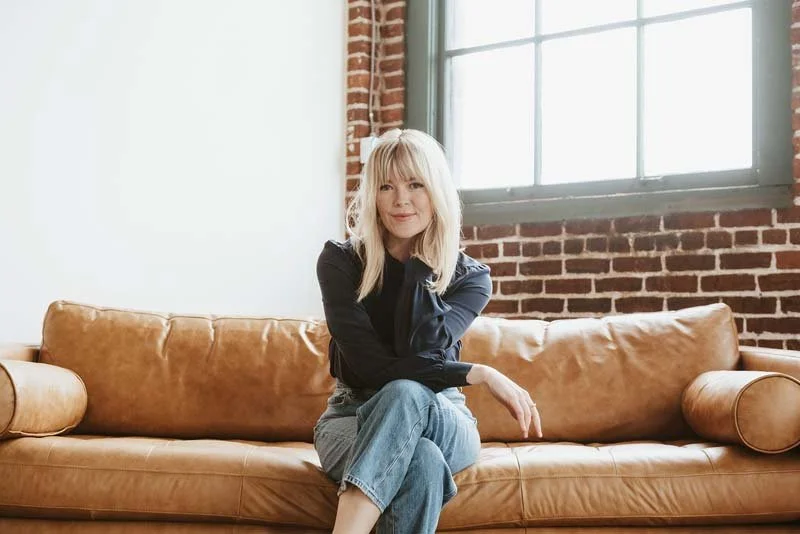Jennifer Savran Kelly
/Author of Endpapers
I was born and raised on Long Island in New York. My family moved around the island quite a bit, so I'm always interested in the idea of home. Is it a place or a feeling? Can it be lost or taken away? Undermined? Or is it something we make for ourselves? In my writing, I think this translates to the idea of foundational beliefs. I like to explore what happens when the foundational beliefs of my characters are shaken. Do they fold with the debris or rise from it changed, for better or worse?







